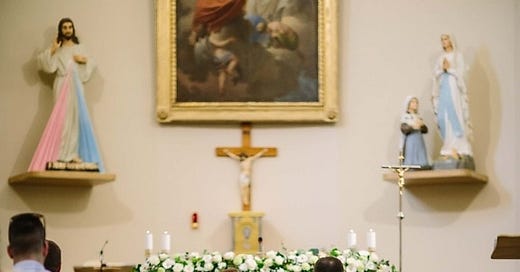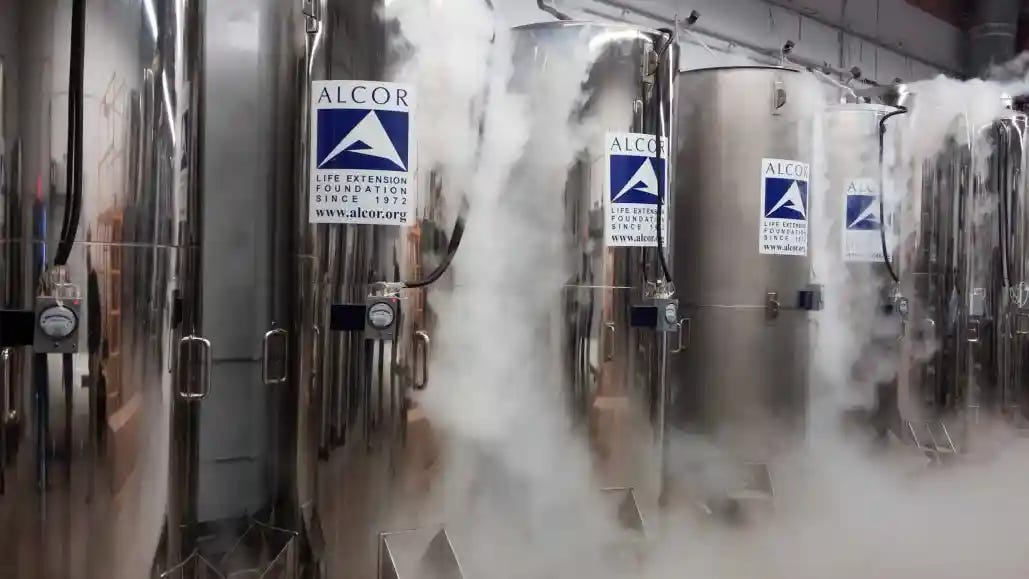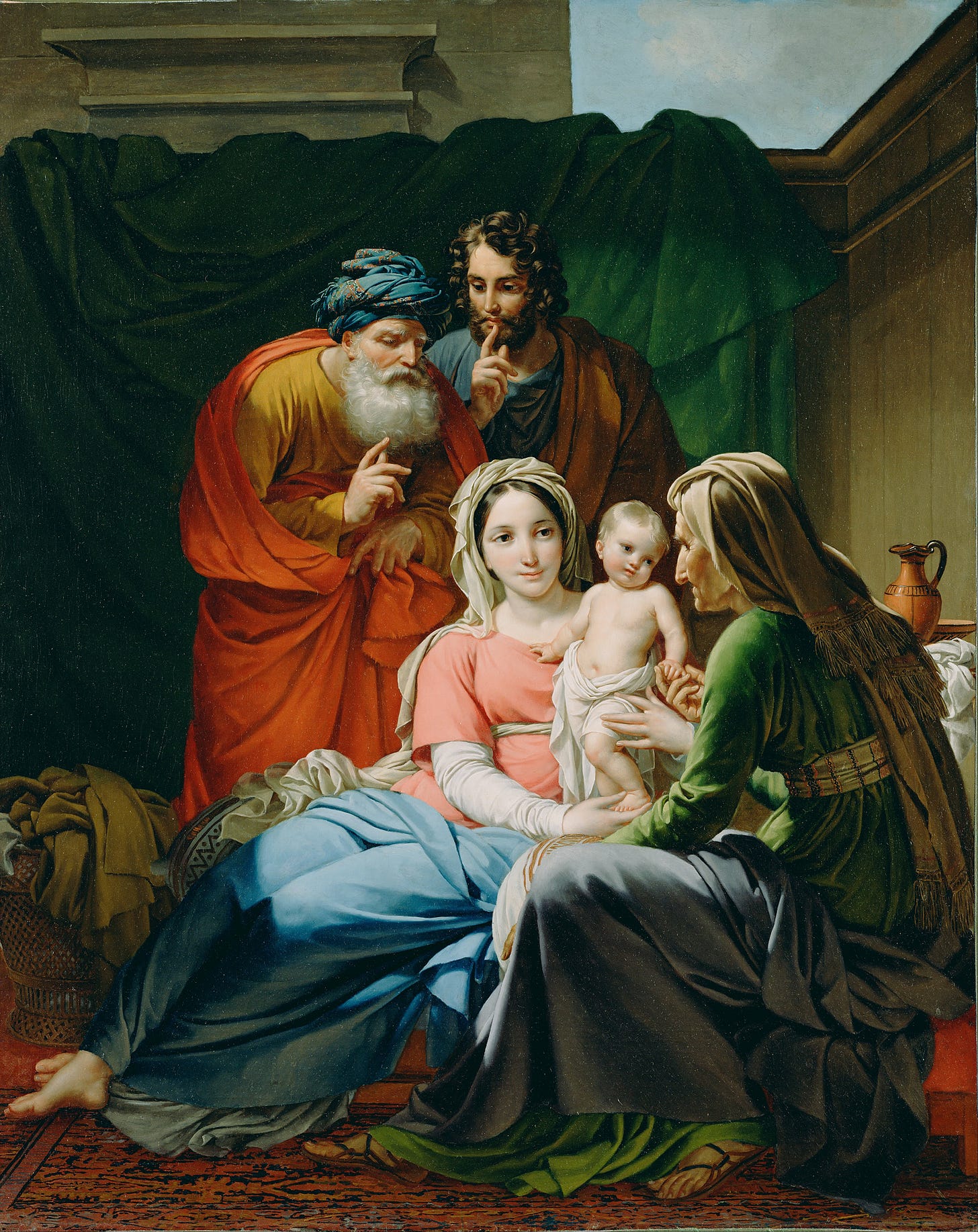The Iconoclast on the Propertarian Family
trying to describe L. Neil Smith's political philosophy in 1998
Premises
Imprimis Each individual owns his body, life, labor, and liberty from the moment of conception onward.
Secundus Any particular property may have one or zero owners.
Tertius All liberty derives from property.
A few words on these premises
The first of these premises is the most fundamental and necessarily the most controversial. Prima facie the notion that the individual owns his body seems quite acceptable. It has not always been true. Nor, indeed, have we shed all of the primitive rituals associated with earlier concepts of chattel slavery.
For example, the entire state of Oklahoma forbids the operation of tattoo parlors, as if to suggest that it is not up to the individual to decide whether or not to add skin art to her body and therefore improve some aspect of her life. For example, from Leviticus we have the rule that a slave who chooses to remain enslaved after the jubilee year must pierce an ear and wear an earring. Numerous men wear a single earring in complete ignorance of this symbolism. For example, slavery is still practiced in many countries, notably Sudan.
If the individual does not own his body, life, labor, and liberty, then someone else might be identified as owning that person. If we make that supposition, then we return to the days of slavery in an instant. Either the individual is free, in which case self ownership and self governance are essential aspects of liberty, or the individual is a slave in which case we have many fine possibilities for abuse, torture, control, and terror. My choice is freedom.
For the individual to own his body, life, labor, and liberty, he must have the capacity of property ownership. We see this tendency not only in humans, but in a wide variety of animals which claim and secure territory, which declare their ownership of food items, and which defend their property to the death. From this premise of ownership of the body, or self sovereignty more generally, we may derive all manner of other property ownership. If we deny this premise, then all property ownership dissolves.
Two further questions arise from the first premise, both having to do with timing. The issue of conception would seem to be significant. Why start then? The property of the body comes into existence at the moment of conception, life begins at that moment, and the genetic material identifying the body as human is entirely in place. To choose another moment in time would seem to necessarily impart some magic property to that other time, which would need to be justified. The matter of conception being identified as the moment of ownership does not necessarily carry dire implications for the issue of abortion. A thorough analysis of that issue is available in Victor Koman’s novel Solomon’s Knife.
Why not end at death? The first premise indicates no end point where the individual ceases to have ownership of his body, life, labor, and liberty. Death is a clinical matter which is not necessarily definable in any lasting way. In the 19th Century, a person who stopped breathing was generally considered dead, and various mechanisms for testing for breath were used to keep the living from being mistakenly buried. Today, however, a person who stops breathing may be readily resuscitated, even by amateurs.
In the early 20th Century, a person whose heart stopped beating was considered dead. Today, CPR courses are widely available which teach methods of resuscitating a person who has no pulse. Powerful tools to defibrillate the heart have been developed, along with many powerful chemicals which serve to ensure that a person who reaches a certain kind of place (hospital, clinic, ambulance) can be revived even from total heartbeat cessation.
Tools are being developed now, and have been under development for several dozen years, to assist in the transportation of patients not only through space to such preferred locations, but also through time to a future when the limitations of death may be further pushed away. Cryonic preservation of the body is presently irreversible, but should not, at least in theory, remain that way. Therefore, it is appropriate to recognize the individual has ownership of his body through clinical death and beyond. At a minimum, this recognition of ongoing property allows the individual to determine how his body will be disposed of, buried, cremated, frozen, or otherwise. It also recognizes that the fruit of his labor and other property continue under his control so that common law practices such as wills and inheritance can continue to be used.
We now come to my second premise, that any particular property may have one or zero owners. We shall start with the case of zero.
Property has been abandoned, and much of the universe has not been claimed in any meaningful sense. Accordingly, it is quite possible that a given piece of property may have no identifiable owner.
It is very important to the understanding of individual liberty encapsulated in this propertarian philosophy that the individual not have more than one owner. For an individual to have two or more owners implies encumbrances on the behavior of that individual, and these are a significant area of discussion herein.
Certainly, it is very agreeable to most people that some property has at least one identifiable owner. The individual may therefore own himself. He may own his liberty, the fruit of his labor, and other property. Certainly, in the absence of agreements or other information, the most likely first guess is that the individual owns himself.
What about other owners, though? Why can't there be more than one owner for a given property? Certainly there are numerous legal fictions which have been concocted over the last few millennia to supply mechanisms for pretending that a given item has multiple owners. These legal fictions are useful, and are not being criticized hereby, except to identify them as fictions and pretense rather than as any accurate description of reality.
Are all mechanisms for joint ownership, joint custody, and multiple shareholder interests entirely fictional? My contention in this premise is that they are. All such mechanisms depend on agreements between individuals who agree to pretend that the ownership is divided. In fact, very often, the actual control features of ownership are vested in a single person, sometimes a person who is not even listed as a part owner (in the case of a company that is managed by an individual who isn't a shareholder). These agreements depend on external mechanisms for their adjudication, arbitration, mediation, or settlement.
These mechanisms necessarily exist outside the individual putative owners and the property itself, and therefore create a further set of external conditions, the agreements being externalities themselves. We may establish the choice of mechanism for adjudication, arbitration, mediation, or settlement within the agreement, but that does not reduce the complexity. Applying Occam's Razor, we see a multiplication of entities. If the settlement mechanism produces inferior results, further mechanisms may be adopted for appealing or protesting the settlement. A simpler approach is beneficial, and as will be shown below, has many desirable implications and consequences.
Finally, the third premise takes us from property to liberty. By this premise I mean to state that all liberty is individual, and that no liberty is collective. As well, no liberty derives from any consequence of any thing other than property ownership. I believe a consequence of this premise is that "rights" are non-existent and constitute a further set of legal fictions. These have proven to be useful, but only to a degree.
To respect the autonomy of an adult or a child, one must respect that person's property. One of the first and most fundamental forms of property is the individual himself.
As a propertarian, I believe that property ownership is an inherent feature of our character. I was born with a body, I own that body. It is mine to do with as I please. If I choose to have a tattoo, a piercing, jewelry, makeup, clothing, or absence of clothing, those are my choices to make as I see fit. If I choose to ingest food or alcohol, coffee or other drugs, hallucinogens or euphorics, uppers or downers, or even poison, those are my choices to make.
Taking other people seriously, respecting their autonomy, suggests that each person should have the same freedom, the same body sovereignty. From sovereignty of the individual's body, we may quickly progress to sovereign property ownership of the fruit of the labor of that body. If I sweat and work to create a thing of value or a thing of beauty, it is mine to do with as I please. I may keep it, destroy it, or sell it. It is not my property in part, with the proceeds from the sale to be divided with parents or Nanny State or any other. If it is my creation alone, it is mine alone, the proceeds are mine alone.
How I make my living is my business. As long as I don't use coercion or initiate force, it is nobody else's business, except such customers as choose to participate. Again, I think that is as true for children as for adults.
As I child, I labored willingly. While most jobs were shut off from me, I found work at recycling, lawn mowing, pool cleaning, newspaper delivery, and scullery helper. As important as owning my own living quarters, I think owning the fruit of my own productivity is vital.
And, from this point, we may extend to owning any other thing which I can get by exchange of value. I cannot own a thing which I steal, or which I buy from a thief, but I can own anything which I get from legitimate exchange. Again, what is important here is whether I want to own it, not whether you think it good for me, or whether the Nanny State thinks I'm big enough or smart enough to take care of myself in the presence of such shocking contraband as Italian sportscars with no emission controls or Cuban cigars.
The above essay was written for the Taking Children Seriously journal and may appear in print one day. More information is available on their web site.
The above essay appeared on the Iconoclast in Space web site in 1998. In it, as the subtitle indicates, I was trying to describe my understanding of the political philosophy of L. Neil Smith, for whom, at that time, I had been writing for three years over at L. Neil Smith’s The Libertarian Enterprise. If you have any insight into TLE, please contact the publisher and help. They really need help. The upgrade this week, though, is a great sign of progress.
L. Neil was murdered, I believe, and I don’t think there is any kindness in pretending otherwise. He was put in hospital, denied access to his family, and protocol’d until dead. You can say things about hospitals and doctors and the pharmaceutical industry in your own home and in your own time, but if you say those things here, in the comments, I may choose to eviscerate every word you write if I think you are defending villains. There is a reckoning coming, and there are not a lot of doctors who are going to survive in practice the clash of wills we are about to see.
I hadn’t met Neil at the time I wrote the above, and when I did meet him at Ernie Hancock and Marc Victor’s Freedom Summit in 2002, I was not greeted warmly. Neil seemed to feel that I was not welcome to call myself a propertarian. So I stopped doing so, and began to reconsider my political views. I think at the time the closest thing to an identity I would have offered is “anarcho-capitalist” so when I first took Bryan Caplan’s Libertarian Purity test, I scored perfectly, even hitting that particular question out of the park. I continue to believe in free will. I believe as I have said many times: God loves free will, He made so much of it.
In the years since, many things have happened. Some of them happened to me, and many of them happened without my involvement. Now it is the season of the birth of Jesus in the year Anno Domini 2023 as the historians reckon these dates. I myself have long since become convinced that the historians are a bunch of arrogant jerks, which was an hypothesis that first came to the forefront of my attention while I was concentrating in history, astrophysics, and economics at Columbia University. Since the historians have determined in what they proclaim as wisdom that Jesus Christ was born in the year 4 Before Christ, I think they are beyond salvage. The whole thing will have to be done over again, and we will establish the order of events from the Birth of Christ because that is when our only king came into this world. No king but Jesus, and no more usurpation. Anything claiming to be king will be put in its place.
Today I am told that I am no longer to hide my light, no longer to remain hidden. So I will be taking a bolder role in matters. You may come to know of me as the fifteenth of fifteen, who are seven shepherds and eight commanders of men. The first shall be last and the last shall be first.
A reckoning has come. It begins now. God’s will be done. Amen.









You should read my interpretation of the Bible with respect to brain preservation:
https://churchofcryonics.wordpress.com/
Merry Christmas. ❤️